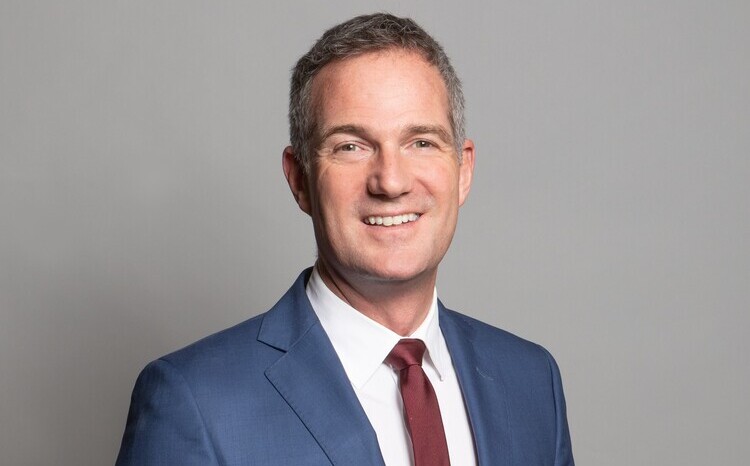Government announces £100m for quantum research hubs
- 26 July 2024

- Government announces £100m funding for five quantum research hubs
- Hubs will develop practical use of quantum technology in areas like MRI scanners, cancer diagnostics and cyber security
- Researchers and businesses will work together to develop the technology
Science secretary Peter Kyle has announced £100 million funding for research hubs to develop quantum technologies for fields including healthcare and cybersecurity.
The five hubs are planned to bring researchers and businesses together to help deliver the government’s mission to boost economic growth by creating technologies that can be sold and exported to drive up GDP.
In a press release, published on 26 July 2024, the Department of Science, Innovation and Technology (DSIT) said that the quantum technology developed will help “to build a more efficient NHS that is fit for the future and future-proofing cyber security to keep our streets safe”.
The hubs are aimed to be centres for advancements in areas like quantum-enhanced blood tests, faster MRI scanners, and new surgical interventions and treatments.
“This could mean faster detection of diseases like cancer, allowing for earlier medical interventions and potentially saving lives,” the DSIT added.
Research into a ‘quantum internet’ could also create secure and future-proof communication networks, safeguarding sensitive data and communications infrastructure.
Kyle said: “We want to see a future where cutting-edge science improves everyday lives.
“That is the vision behind our investment in these new quantum technology hubs, by supporting the deployment of technology that will mean faster diagnoses for diseases, critical infrastructure safe from hostile threats and cleaner energy for us all.
“This isn’t just about research; it’s about putting that research to work. These hubs will bridge the gap between brilliant ideas and practical solutions.
“They will not only transform sectors like healthcare and security, but also create a culture of accelerated innovation that helps to grow our economy”.
The five hubs will be led by University College London, University of Cambridge, University of Birmingham, Heriot-Watt University, University of Oxford and University of Glasgow.
The UK quantum biomedical sensing research hub, led by University College London and University of Cambridge, will explore quantum sensors for ultra-sensitive disease diagnosis, including rapid blood tests, and biomedical scanners to facilitate earlier diagnosis of diseases such as cancer and Alzheimer’s disease.
University of Birmingham will run the UK quantum technology hub in sensing, imaging and timing, with a focus on the development of quantum sensing for practical applications including brain scanners for dementia and cancer diagnostics.
The integrated quantum networks quantum technology hub, led by Heriot-Watt University, will aim to deliver technologies for a future UK-wide ‘quantum internet’, enabling future-proof cybersecurity and powerful distributed quantum computing.
The hubs will be delivered by the UKRI Engineering and Physical Sciences Research Council (EPSRC), with a £106m investment from EPSRC, the UKRI Biotechnology and Biological Research Council, UKRI Medical Research Council, and the National Institute for Health and Care Research.
Charlotte Deane, executive chair professor at EPSRC, said: “Technologies harnessing quantum properties will provide unparalleled power and capacity for analysis at a molecular level, with truly revolutionary possibilities across everything from healthcare to infrastructure and computing”.
The move follows health secretary Wes Streeting’s pledge to make Britain “a powerhouse for the life sciences and medical technology”.





